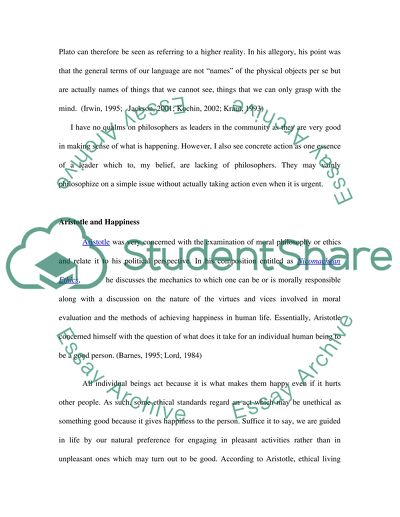Cite this document
(“Plato and the Cave Essay Example | Topics and Well Written Essays - 1250 words”, n.d.)
Plato and the Cave Essay Example | Topics and Well Written Essays - 1250 words. Retrieved from https://studentshare.org/philosophy/1506446-plato-and-the-cave
Plato and the Cave Essay Example | Topics and Well Written Essays - 1250 words. Retrieved from https://studentshare.org/philosophy/1506446-plato-and-the-cave
(Plato and the Cave Essay Example | Topics and Well Written Essays - 1250 Words)
Plato and the Cave Essay Example | Topics and Well Written Essays - 1250 Words. https://studentshare.org/philosophy/1506446-plato-and-the-cave.
Plato and the Cave Essay Example | Topics and Well Written Essays - 1250 Words. https://studentshare.org/philosophy/1506446-plato-and-the-cave.
“Plato and the Cave Essay Example | Topics and Well Written Essays - 1250 Words”, n.d. https://studentshare.org/philosophy/1506446-plato-and-the-cave.


